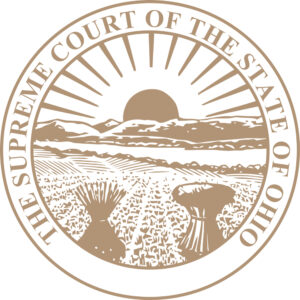 COLUMBUS, Ohio — The Ohio Supreme Court has struck down a state law prohibiting stopped trains from blocking railroad crossings, citing federal jurisdiction in regulation of railroads.
COLUMBUS, Ohio — The Ohio Supreme Court has struck down a state law prohibiting stopped trains from blocking railroad crossings, citing federal jurisdiction in regulation of railroads.
The Cincinnati Enquirer reports that in a ruling issued Wednesday, the opinion by Justice Sharon Kennedy acknowledged “the significant danger to the public” created when trains obstruct the passage of first responders, but Kennedy wrote, “the federal government alone has the power to address the threat to public safety caused by blocked crossings.”
The case involved the state citing CSX Transportation multiple times in 2018 for violating the blocked-crossing law, with the railroad saying crossings had to be blocked at times to service a Honda plant in Marysville, Ohio. And an Ohio legislator had proposed fines of up to $10,000 for blocked-crossing violations [see “Ohio blocked-crossing bill would levy fines …,” Trains News Wire, Nov. 1, 2021]; that bill is now moot.
A number of states and communities have enacted similar blocked-crossing laws, only to have them struck down because of federal jurisdiction. Prior examples include Oklahoma [“Federal court strikes down Oklahoma blocked-crossing law,” News Wire, Jan. 14, 2022]; Indiana [“NS wins challenge …,” News Wire, Sept. 25, 2018]; and Kansas [“Kansas court rules for BNSF …,” News Wire, Nov. 5, 2018].






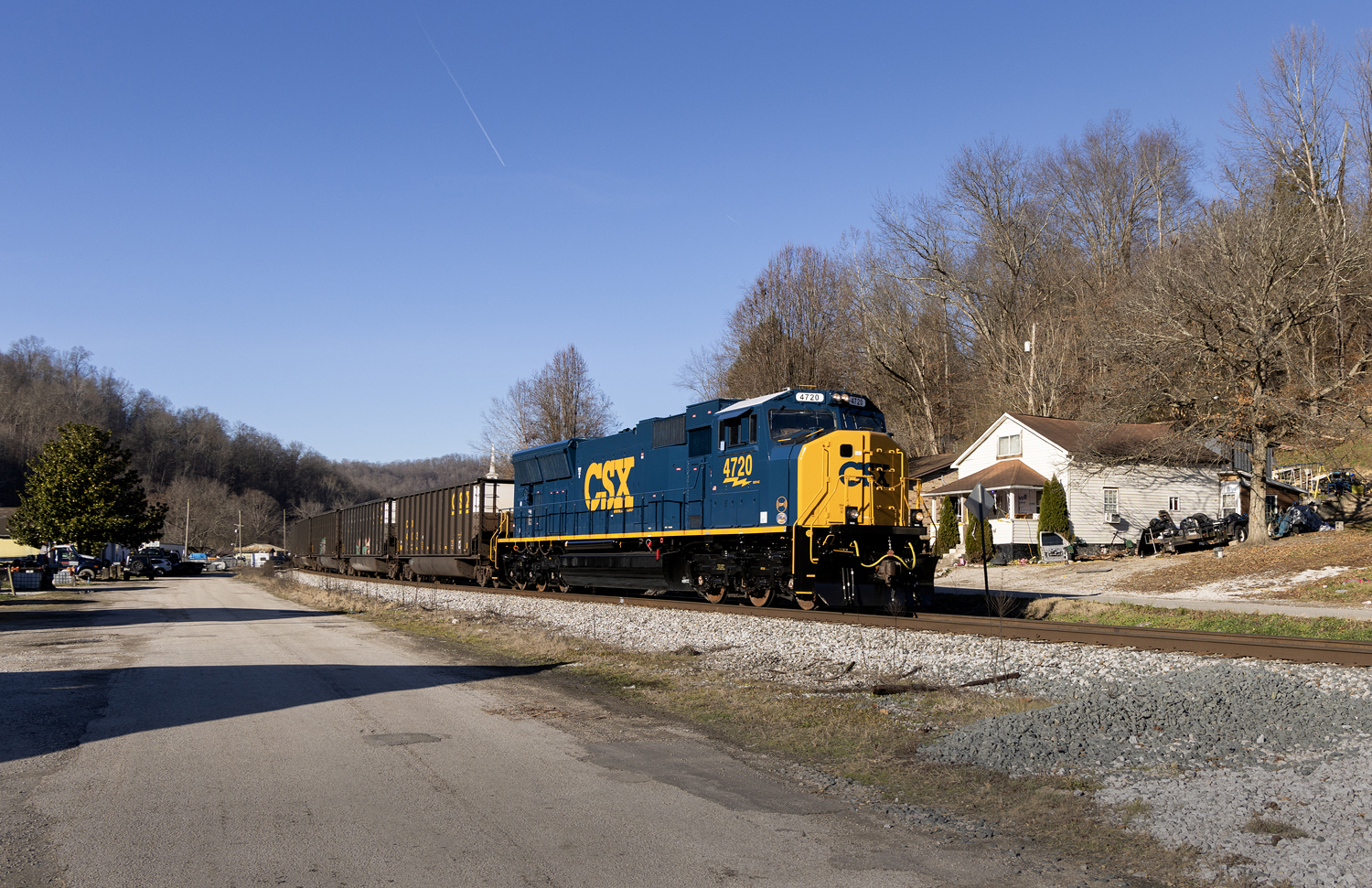
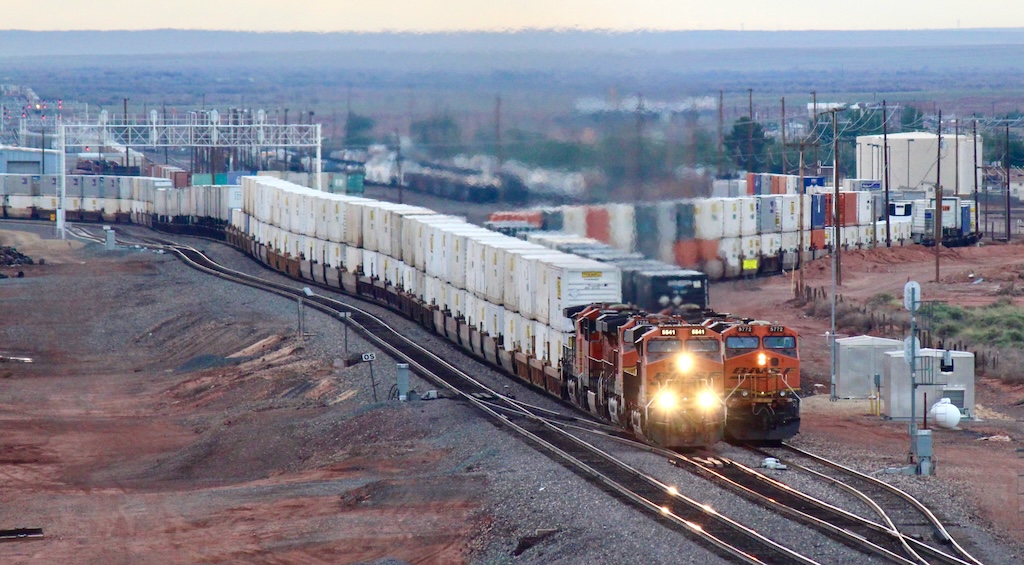
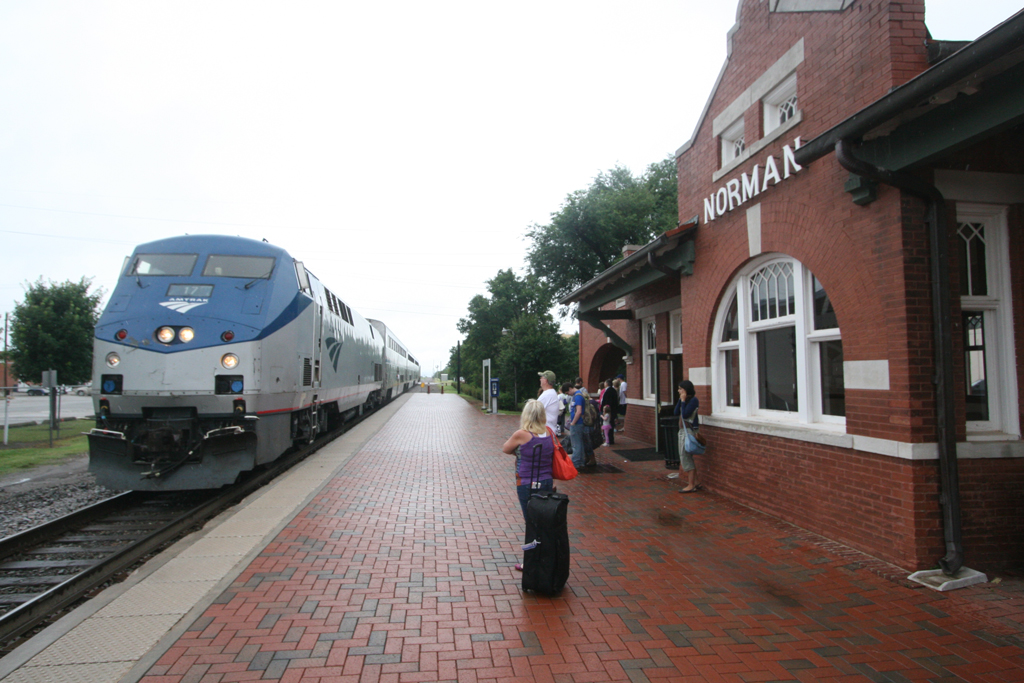
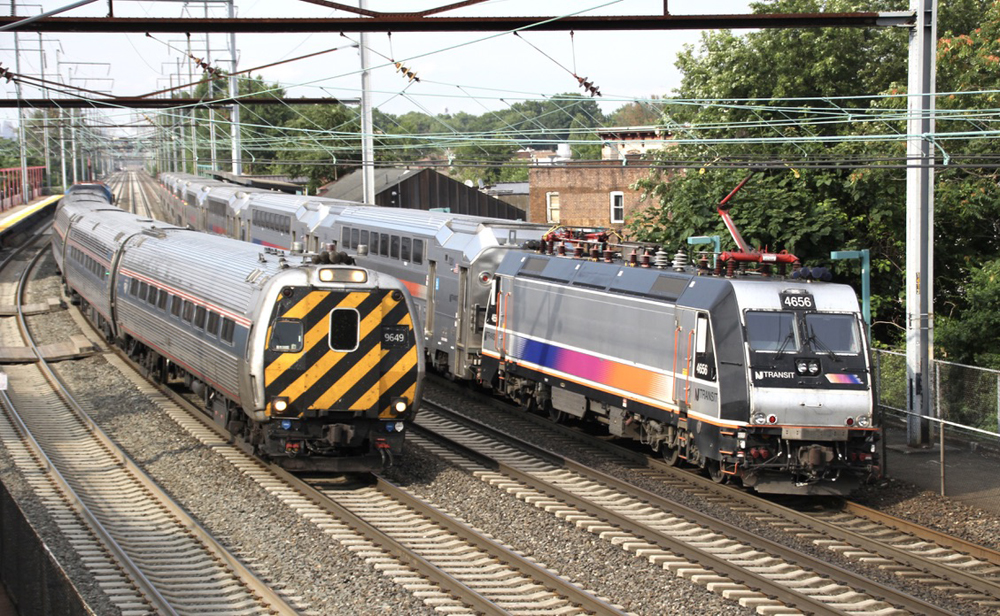




Earlier this week, I was out fanning and following a CN train bound for the US. Car control called them because a Wheel Impact Load Detector showed a car as loaded while the train journal showed it as empty. Not wanting to ship an undocumented loaded car across the US border, the crew was asked to set it off at the next suitable location for inspection later. The crew identified a nearby spur to set off the car, but doing so would result in at least one crossing blocked for half-an-hour or so. The dispatcher notified the nearby emergency services so they could plan their routing accordingly, and that was the end of it.
Can’t other railroads make similar calls and agreements when a crossing must be blocked for a short period of time? Doesn’t seem like rocket science.
Those towns that have that problem should get together and select their congressman and senator to help change the law. They also need to accept some of the expense (half?).
At some point, the RR’s will exceed the publics willingness to tolerate excessively long blockages and the Feds will be called to do something. I wonder if a factory or school burning down and the fire department can’t get to the fire because of the blockage. Or some high ranking politician is delayed, something will push the problem to where laws will be passed.
I was under five when I lived in Glen Elyn Illinois just South of the current UP RR & the CA&E tracks. The fire department was North of the tracks and when a house near ours caught fire, it burned to the ground because the FD was on the North side and a train blocked their access. I know the EJ&E purchase by CN was fought by some communities for similar objections. There is a limit to all things, we haven’t reached it yet.
Now that jurisdiction seems settled, how about working on community relations? With a little more work maybe the crossing doesn’t have to be blocked (at least as long)? I do not know the crossing or situation involved here.
Better yet…instead of spending money on litigation of laws that are known to be unenforceable….why not spend that money on crossing elimination? Simply put, cities/towns and states should pony up or shut up.